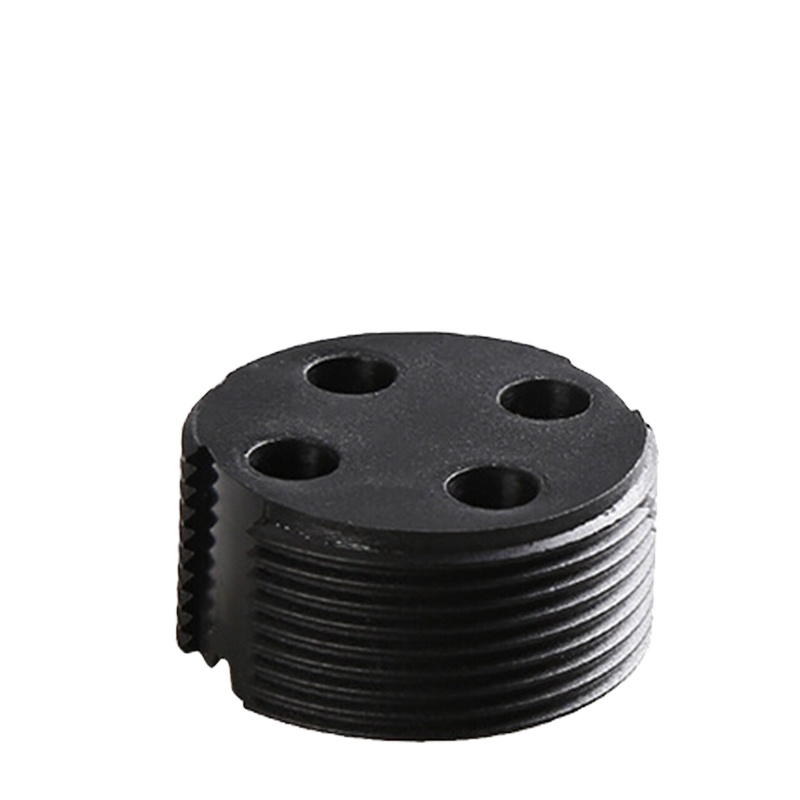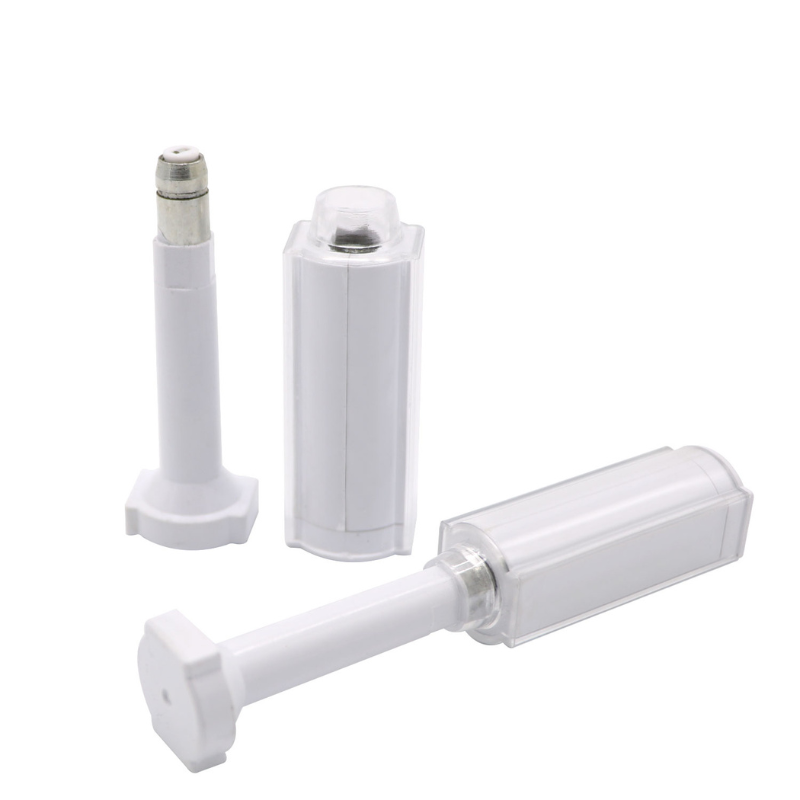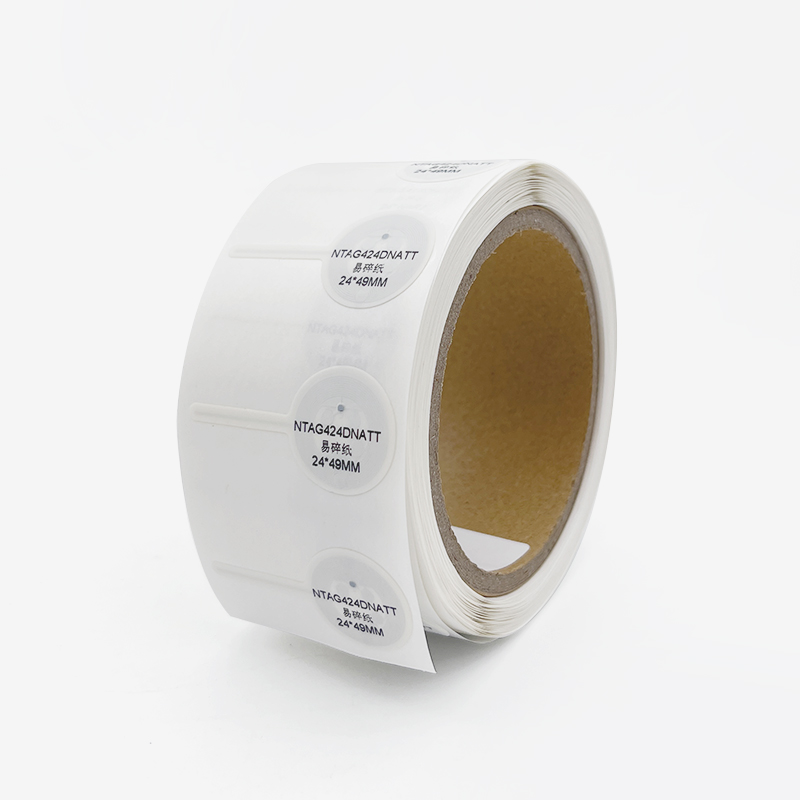
The Importance of RFID Standards in Ensuring Compatibility and Innovation
Table of Contents
Summary
These standards are developed by global and regional organizations like ISO (International Organization for Standardization), IEC (International Electrotechnical Commission), and EPCglobal. Their importance spans multiple aspects of RFID technology, from ensuring device interoperability to promoting innovation across industries.
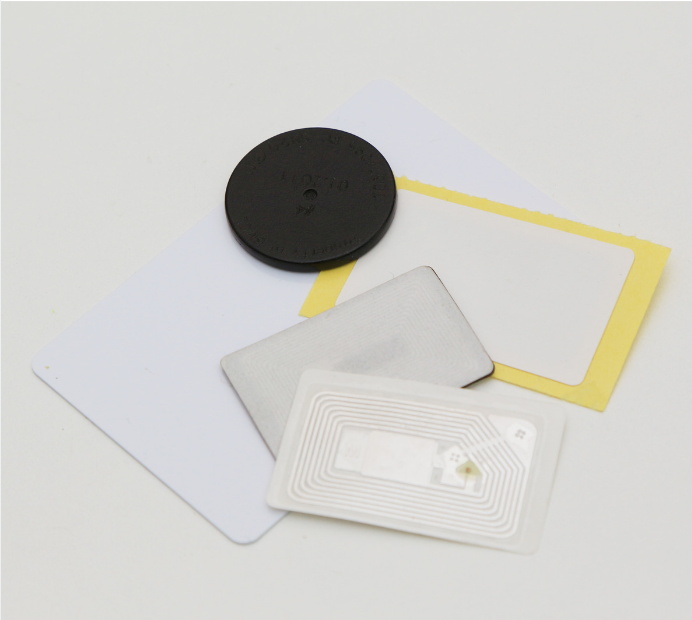
Why RFID Standards Are Essential
Ensuring Interoperability:
In a global economy, companies often rely on RFID devices from various manufacturers. Without standardized protocols, these devices may not communicate effectively, leading to operational inefficiencies and potential financial losses. RFID standards eliminate these risks by providing a uniform framework that guarantees seamless communication across systems.
Enhancing Data Security:
As digital transformation advances, data has become a critical asset for businesses. Adhering to RFID standards ensures that data is secure during transmission and storage. For instance, the EPCglobal standards include robust encryption and authentication mechanisms, which are crucial for industries handling sensitive information, such as finance, healthcare, and government.
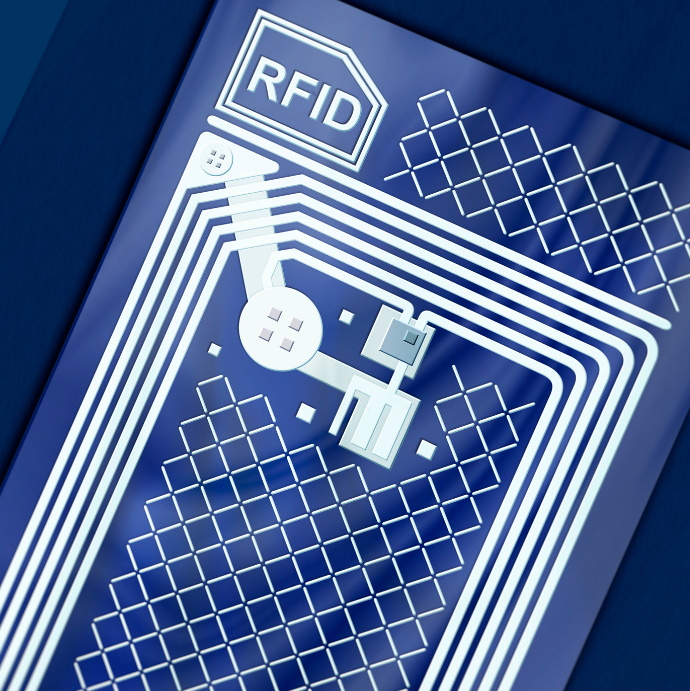
Fostering Innovation:
Standardized RFID protocols allow researchers and developers to focus on technological advancements without worrying about compatibility issues. This fosters innovation by reducing development cycles and costs, enabling companies to bring new products to market more quickly.
Improving Consumer Experience:
In retail environments, RFID tags compliant with standards like EPCglobal enable quicker product location and reduced queuing times, enhancing customer satisfaction and convenience.
Major RFID Standards and Their Applications
RFID technology is governed by various standards, each designed for specific applications. Below are some of the key RFID standards and their uses:
Standard | Frequency Band | Applications | Key Features |
EPCglobal Standards | UHF (860-960 MHz) | Supply chain management, retail, logistics | Unique product identification, real-time tracking |
ISO/IEC 18000 Series | LF, HF, UHF, Microwave | Animal tracking, access control, library management, logistics | Interoperability, wide frequency range |
NFC Standards (ISO/IEC 14443) | HF (13.56 MHz) | Mobile payments, identity authentication, smart devices | Short-range, secure communication |
EPCglobal Standards
EPCglobal is a leader in RFID standards, particularly in supply chain management. Its Electronic Product Code (EPC) standard is designed for global goods identification, making it invaluable for retail giants like Walmart. By attaching EPC tags to products, companies can track inventory in real-time, optimize supply chain processes, and reduce losses.
ISO/IEC 18000 Series
The ISO/IEC 18000 series covers RFID applications across various frequency bands, from low-frequency animal identification to ultra-high-frequency logistics management. This flexibility allows industries to select the most appropriate standard for their needs, ensuring both compatibility and efficiency.
NFC Standards
NFC (Near Field Communication) standards, based on high-frequency RFID technology, are widely used for secure, short-range communication. Common applications include mobile payments and identity authentication, where the security of data transmission is paramount.
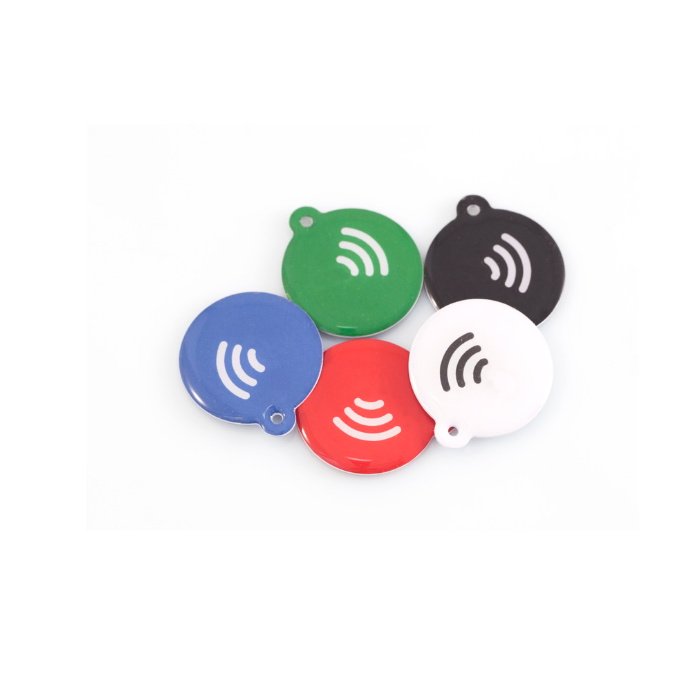
Choosing the Right RFID Standard
Selecting the appropriate RFID standard depends on several factors, including application scenarios, device compatibility, data security, and cost-effectiveness.
Clear Application Scenarios
Different RFID standards cater to different needs. For example, EPCglobal standards are ideal for supply chain management, while NFC standards are better suited for mobile payments and identity verification.
Device Compatibility
Ensuring that devices comply with RFID standards guarantees compatibility, reducing implementation and maintenance complexities.
Data Security
In industries dealing with sensitive information, selecting RFID standards with robust security features is essential to prevent data breaches.
Cost-Effectiveness
The choice of RFID standard should balance functionality with budgetary constraints. For example, ISO/IEC 18000 low-frequency devices are cost-effective for specific applications but may lack the versatility of higher-frequency options.
Real-World Applications of RFID Standards
Walmart’s Use of EPCglobal Standards
Walmart utilizes EPCglobal standards to streamline its global supply chain. By attaching EPC tags to products, the retail giant can track inventory accurately and reduce losses, ultimately improving operational efficiency.
ISO/IEC 18000 in Urban Traffic Management
Many cities deploy RFID technology based on ISO/IEC 18000 standards for vehicle identification and toll collection. This system reduces congestion and enhances traffic flow, demonstrating the versatility of RFID in urban management.
NFC Standards in Healthcare
Hospitals use NFC technology for patient identification and medication management. NFC tags on patient wristbands ensure accurate identification and reduce medical errors, while NFC-enabled medication packaging helps monitor drug inventory and compliance.
FAQs About RFID Standards
What Are RFID Standards?
RFID standards are specifications that ensure RFID devices from different manufacturers can work together seamlessly, covering frequency ranges, data formats, and communication protocols.
Why Is It Important to Choose the Right RFID Standard?
Choosing the appropriate RFID standard ensures compatibility, enhances data security, and optimizes cost-effectiveness.
Will RFID Standards Evolve with Technology?
Yes, RFID standards will continue to evolve as new technologies and application needs emerge, ensuring they remain relevant in a rapidly changing world.
Comments
Hot Products
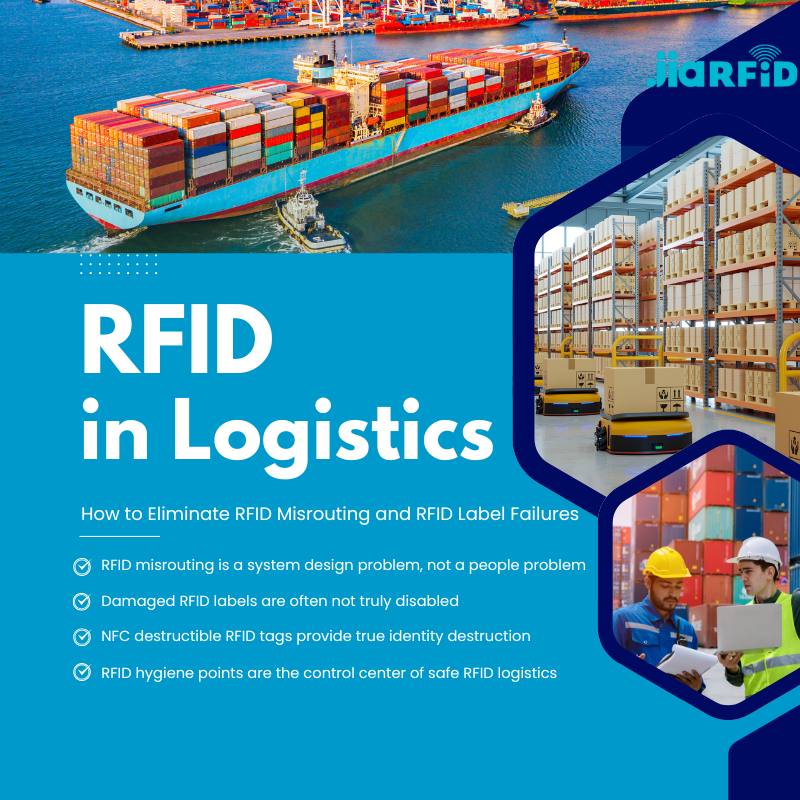
RFID in Logistics: How to Eliminate RFID Misrouting and RFID Label Failures
RFID in logistics is more than just a tool to speed up processes. It has become a key part of how modern supply chains operate.
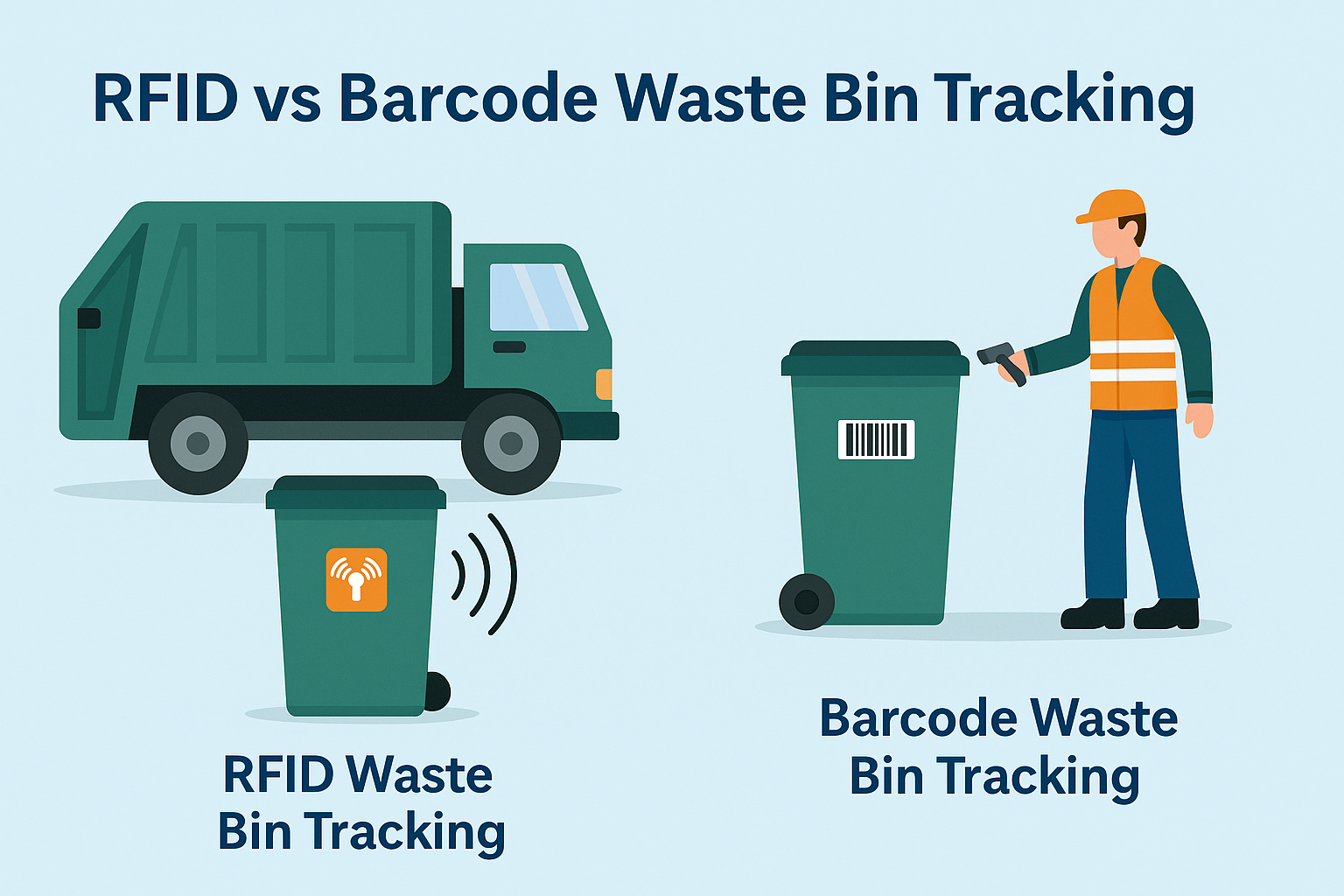
What Is RFID Waste Management
Imagine a city where every trash bin speaks — not literally — but through a tiny chip that tells the system when it’s full, when it’s emptied, and where it went. That’s what RFID waste management is doing today.

What are Bolt Seals and their Applications? | Complete Guide
In global trade and logistics, bolt seals play a crucial role in ensuring cargo security and compliance. These small but powerful devices are designed to lock shipping containers, trailers, and cargo doors with a tamper-evident mechanism.
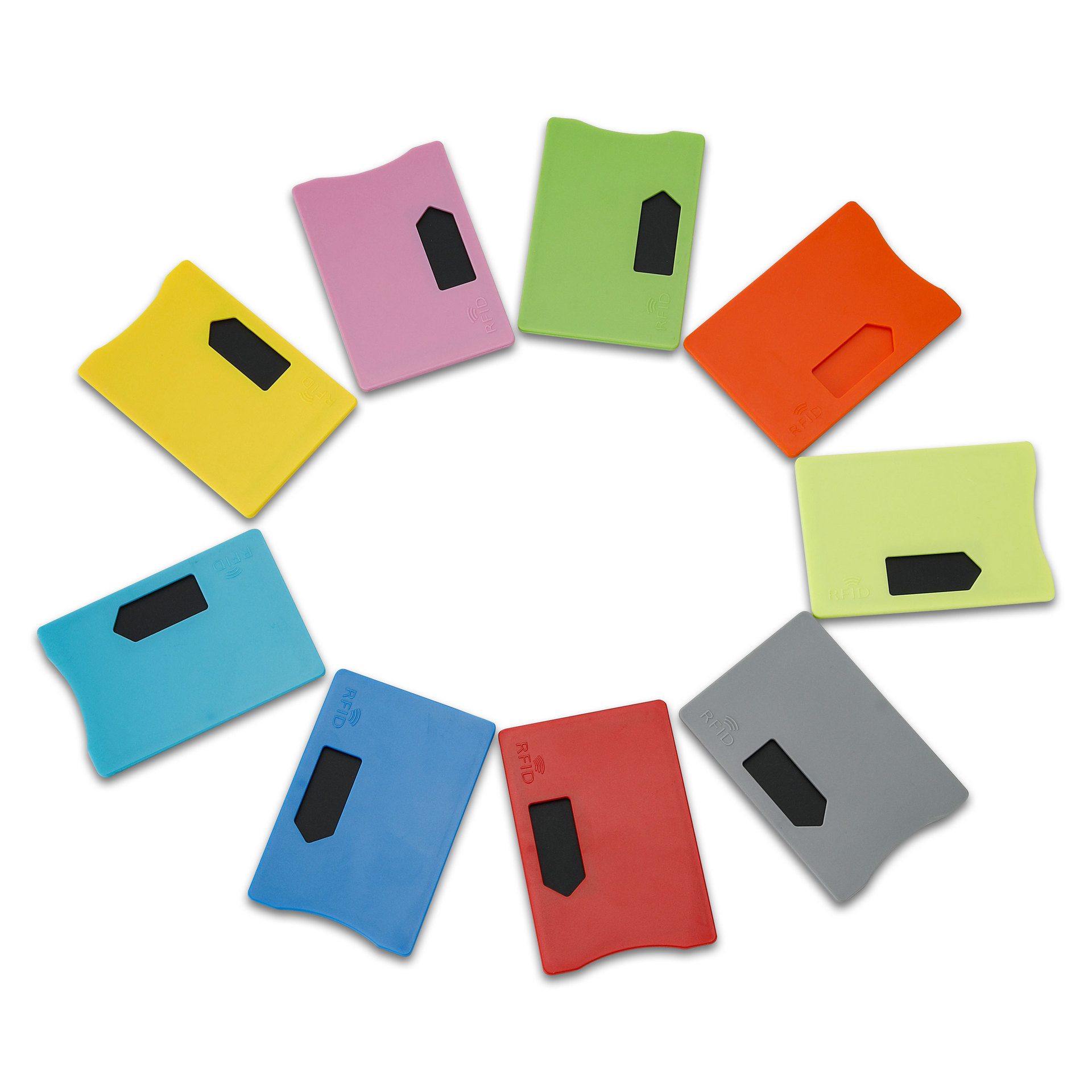
What is an RFID Card Protector? Benefits, Use Cases, and Buying Guide
RFID technology (Radio Frequency Identification) is everywhere: in your credit cards, ID badges, transit passes, hotel room keys, and more. It offers speed and convenience, but it also opens the door to a new kind of digital theft called “skimming.” That’s where an RFID card protector comes in.

RFID Wristbands for Events: Bulk Buying Guide for Organizers
RFID wristbands for events are becoming the go-to solution for organizers who need faster entry, fraud prevention, and cashless payments at concerts, festivals, and sports venues. Unlike paper tickets or QR codes, these smart wristbands use embedded chips to streamline access, secure transactions, and improve the guest experience.
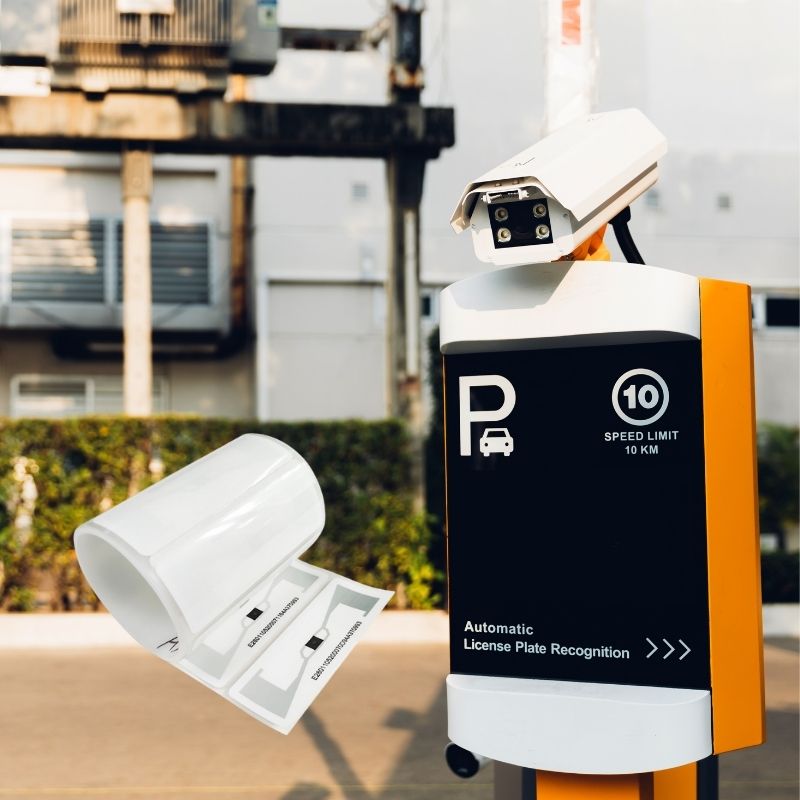
How RFID Tag on Windscreen Improves Vehicle Access Control and Toll Systems
In today’s fast-paced world, vehicle identification needs to be quick, secure, and contactless. An RFID Tag on the Windscreen provides exactly that — a reliable way to manage toll collection, parking, and gated access without stopping vehicles.
Tags
RELATED BLOGS

RFID in Logistics: How to Eliminate RFID Misrouting and RFID Label Failures
RFID in logistics is more than just a tool to speed up processes. It has become a key part of how modern supply chains operate.

What Is RFID Waste Management
Imagine a city where every trash bin speaks — not literally — but through a tiny chip that tells the system when it’s full, when it’s emptied, and where it went. That’s what RFID waste management is doing today.

What are Bolt Seals and their Applications? | Complete Guide
In global trade and logistics, bolt seals play a crucial role in ensuring cargo security and compliance. These small but powerful devices are designed to lock shipping containers, trailers, and cargo doors with a tamper-evident mechanism.


